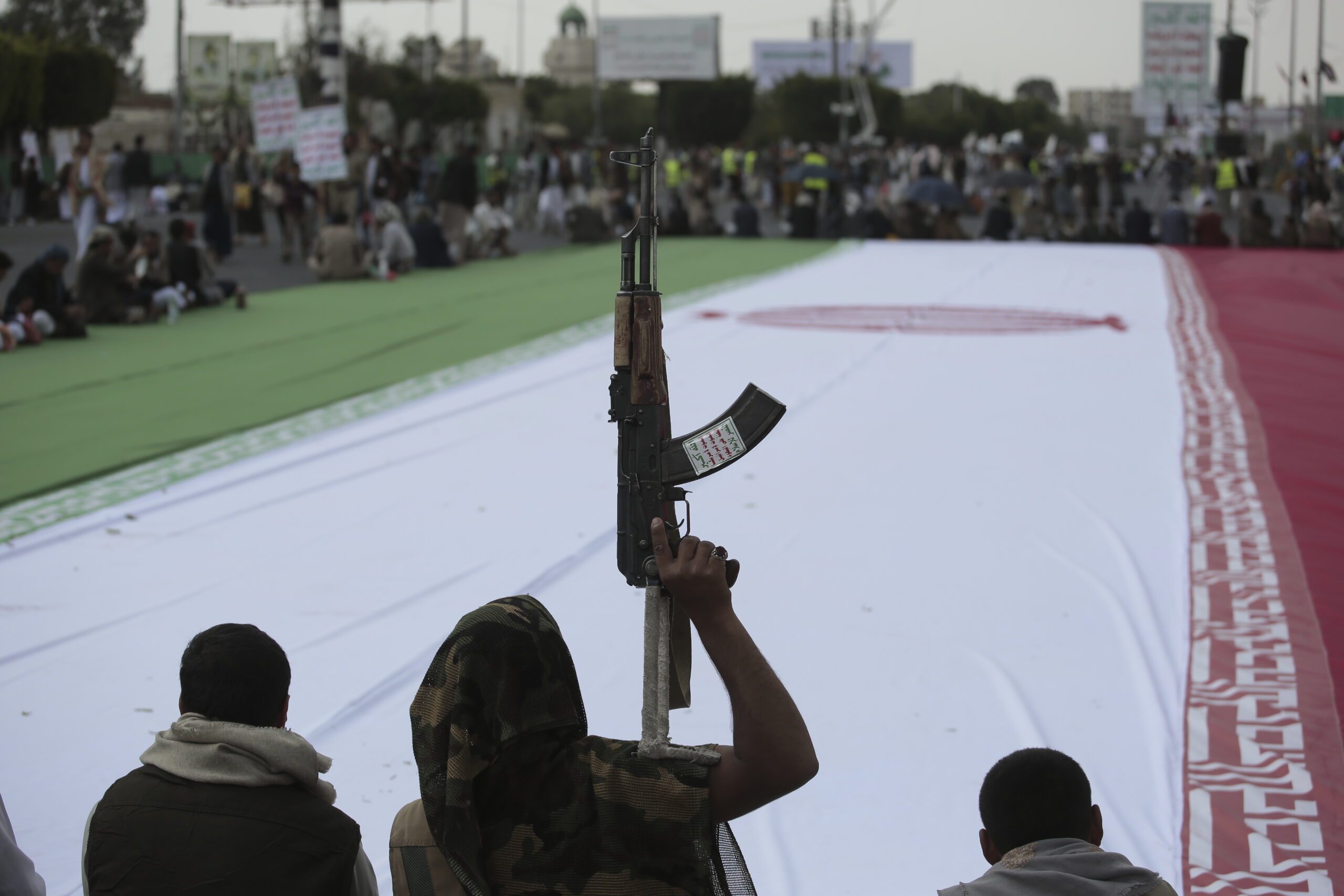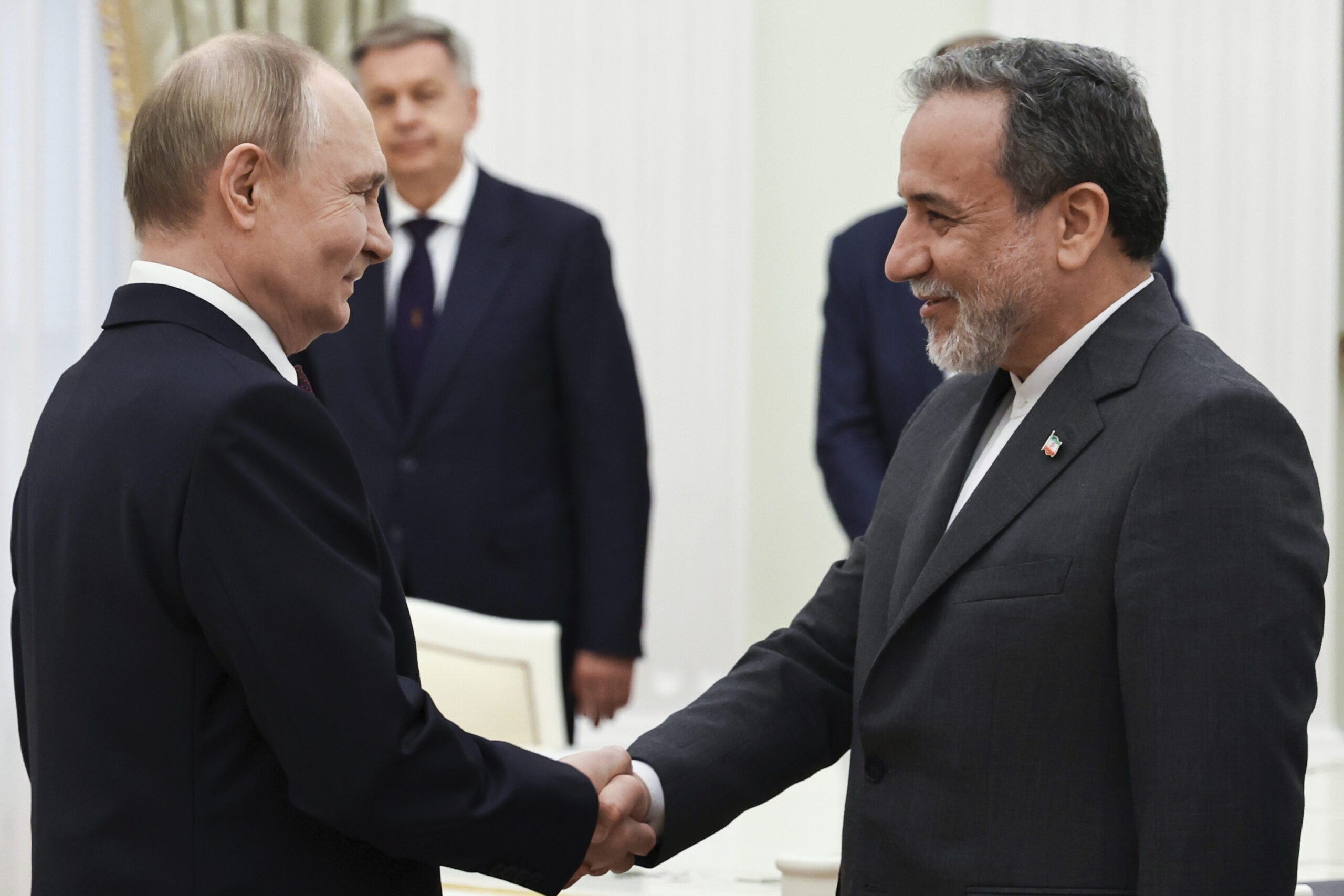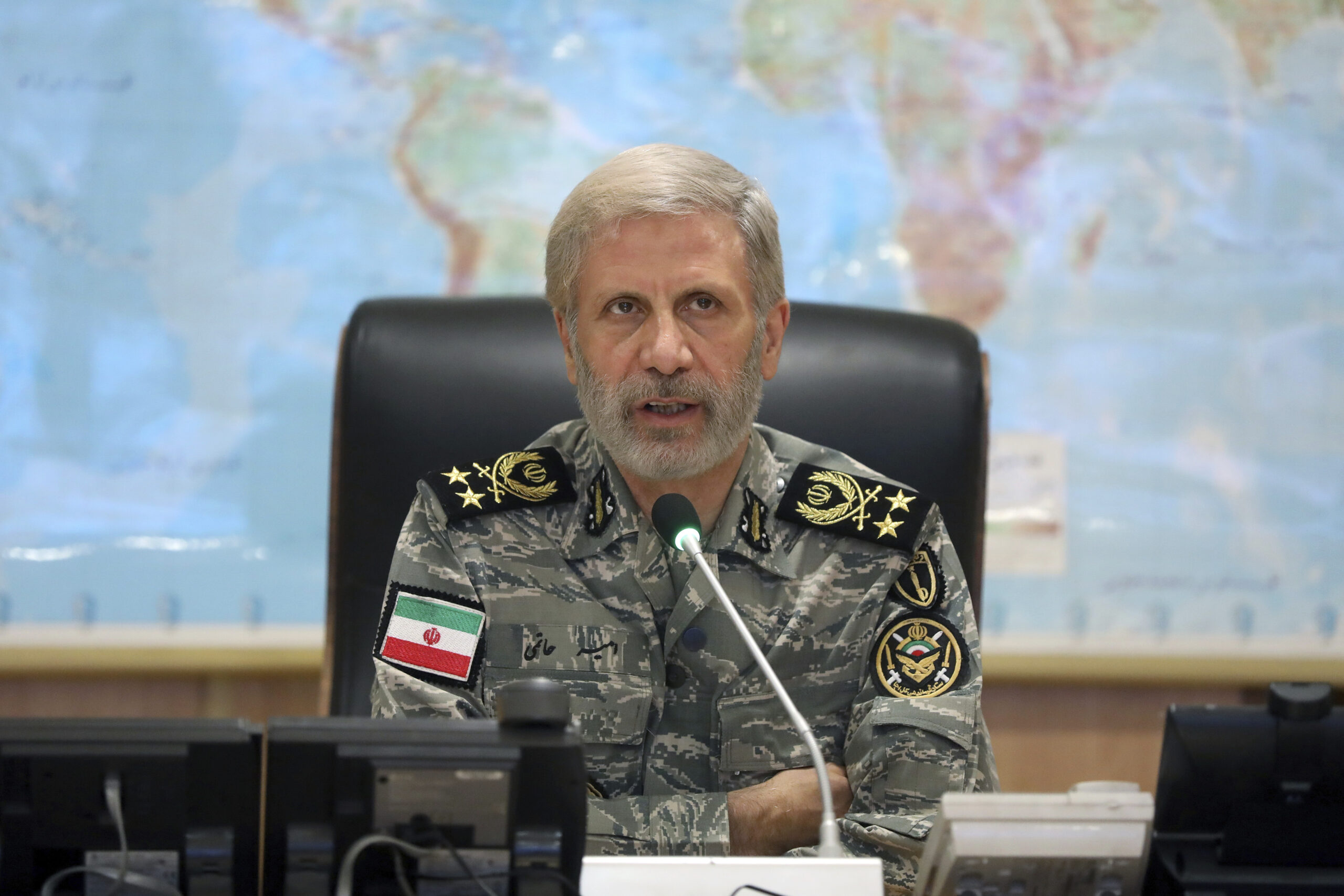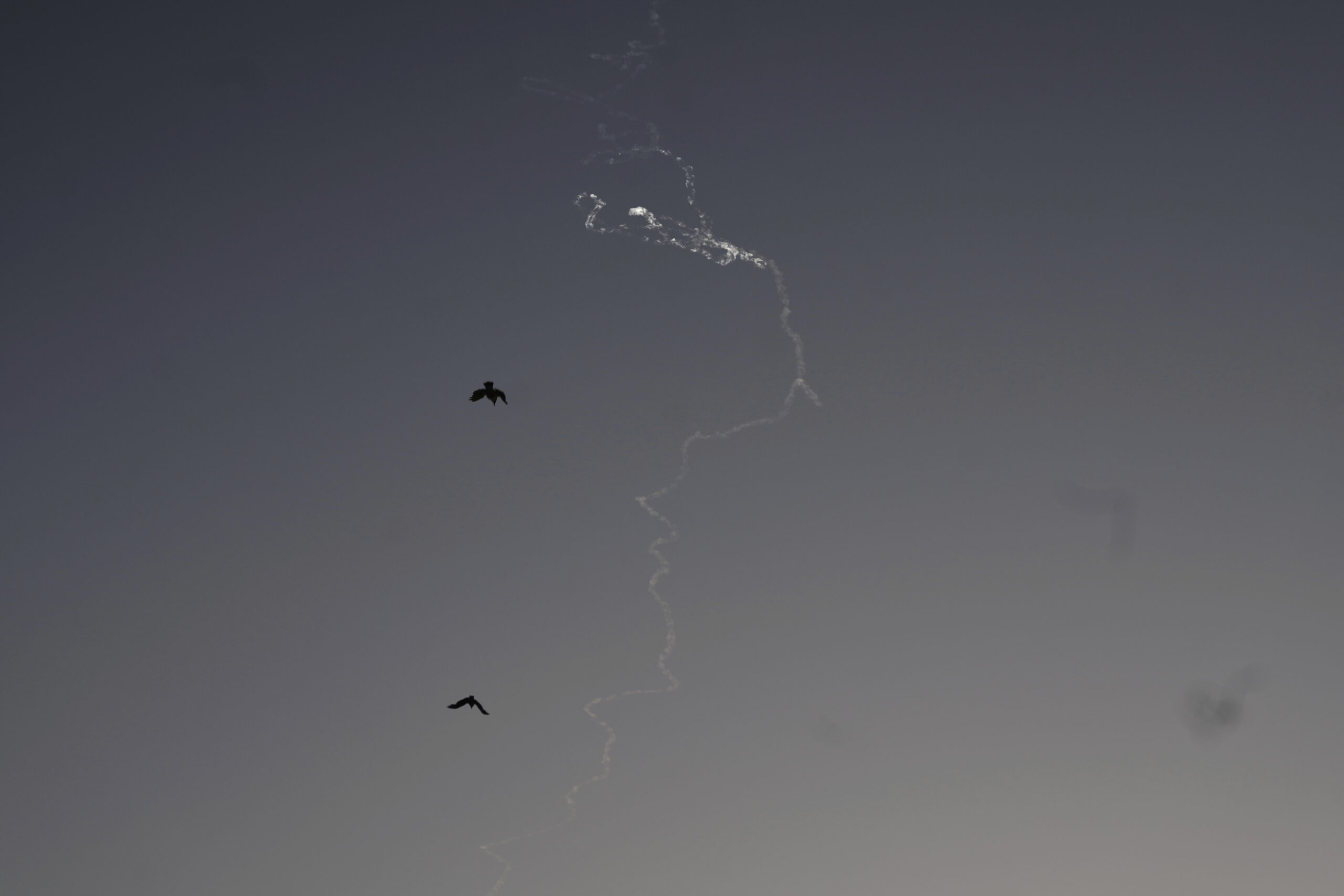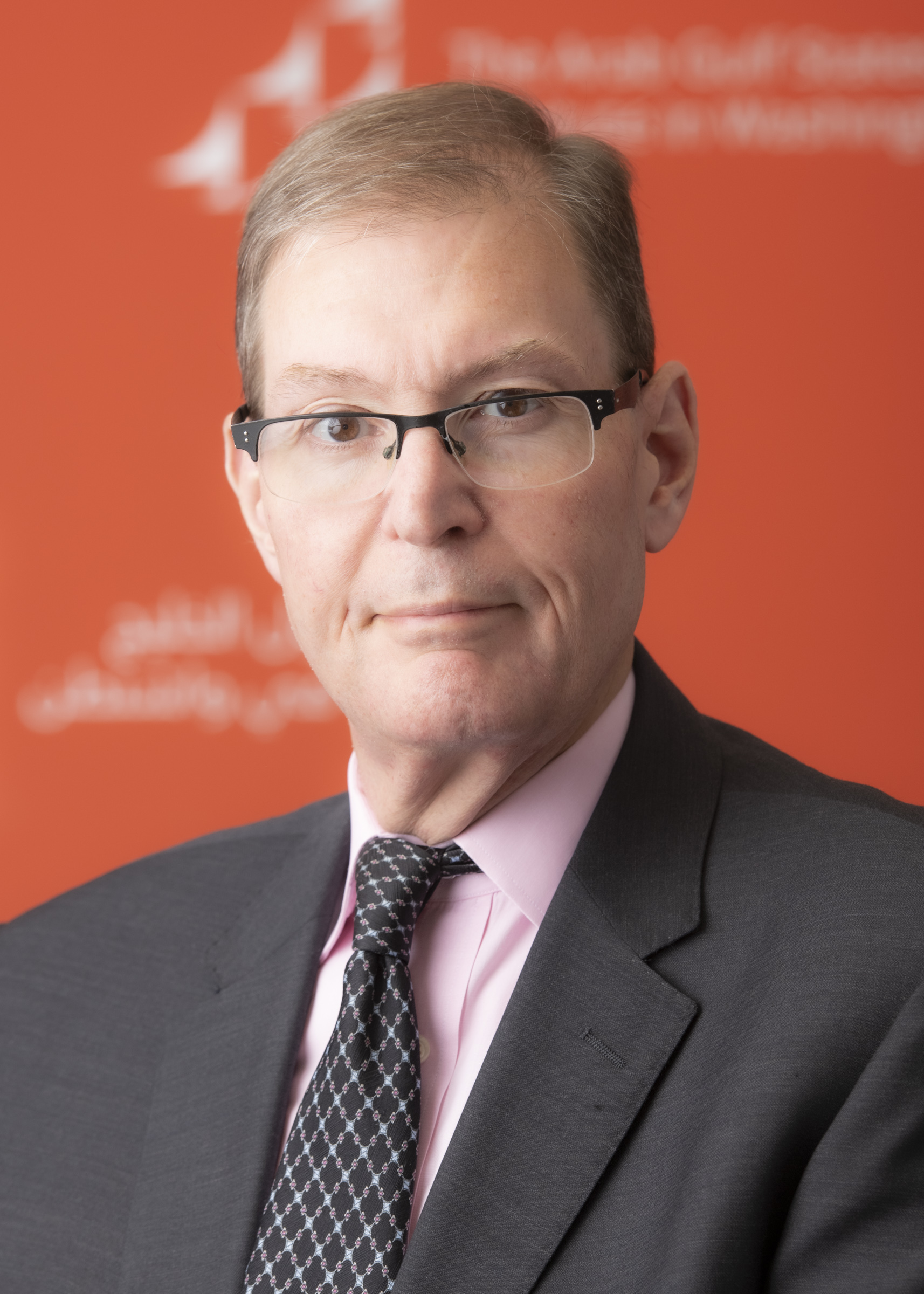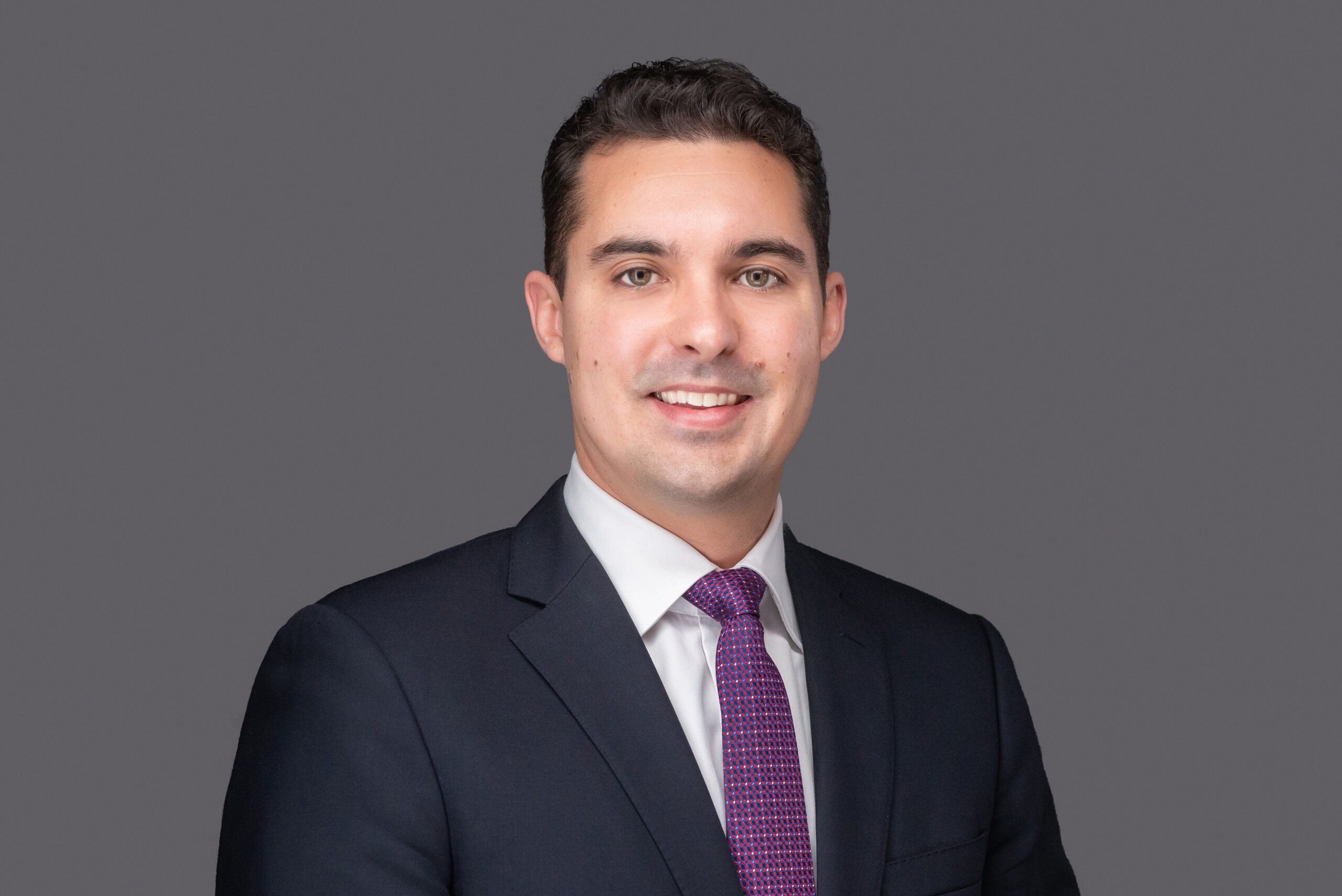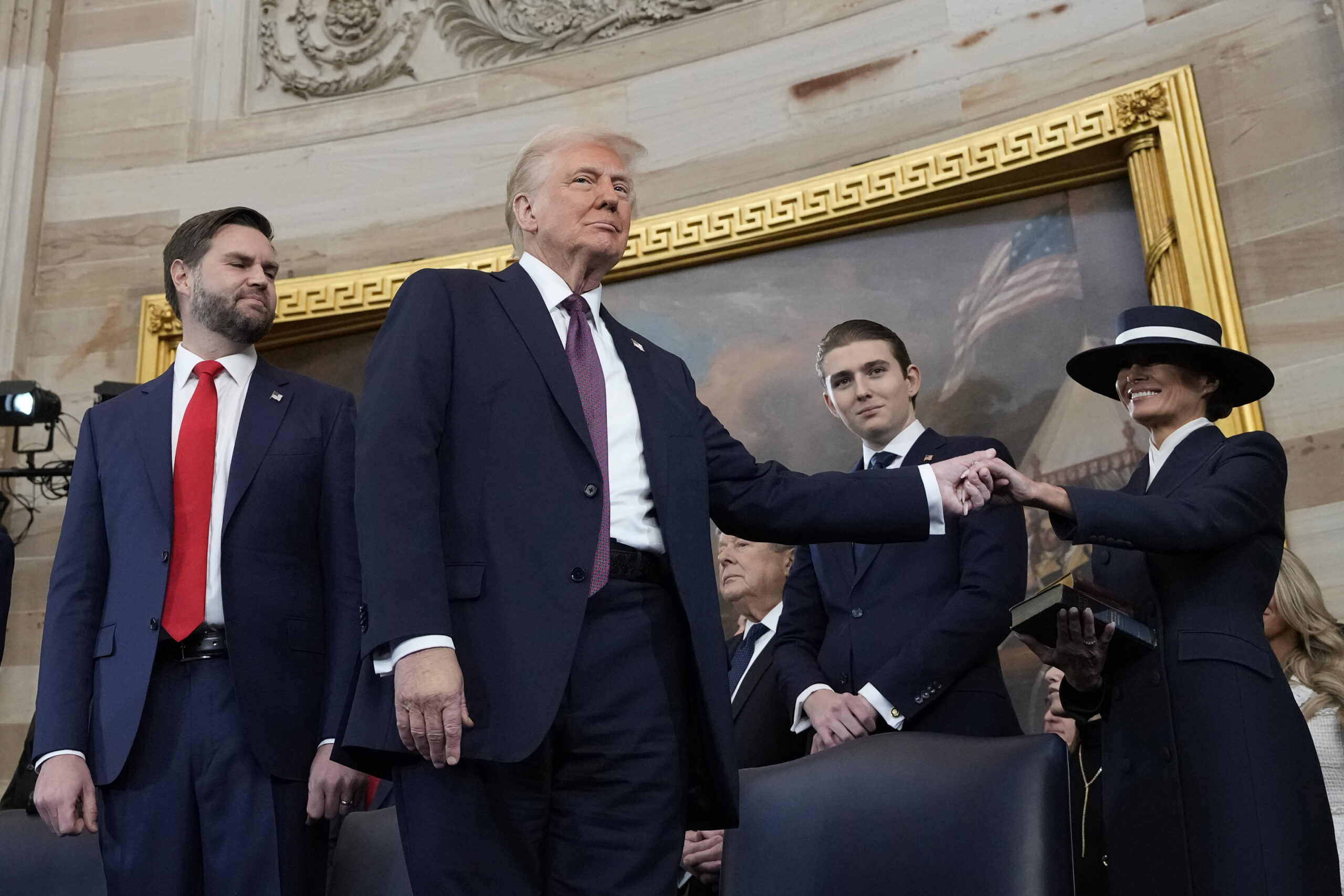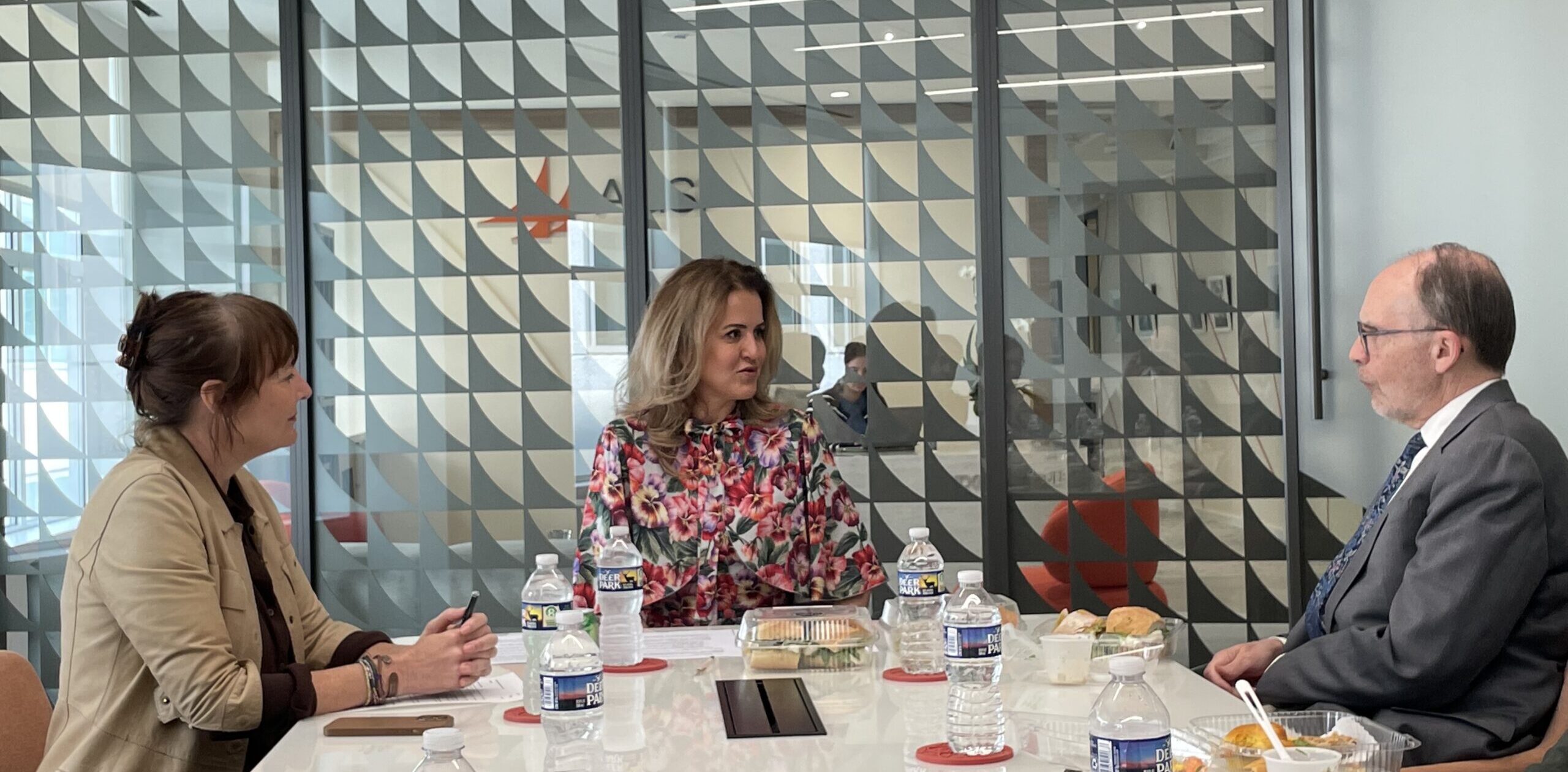Between Tribe and Country: Security Challenges Test Saudi Social Cohesion
On July 4, during the holy month of Ramadan, a suicide bomber approached one of the most important sites of Islam, the Prophet Muhammad’s mosque in the city of Medina. Responsibility for the attack, which killed four security officers, was later claimed by the Islamic State in Iraq and the Levant (ISIL). As the news...
8 min read
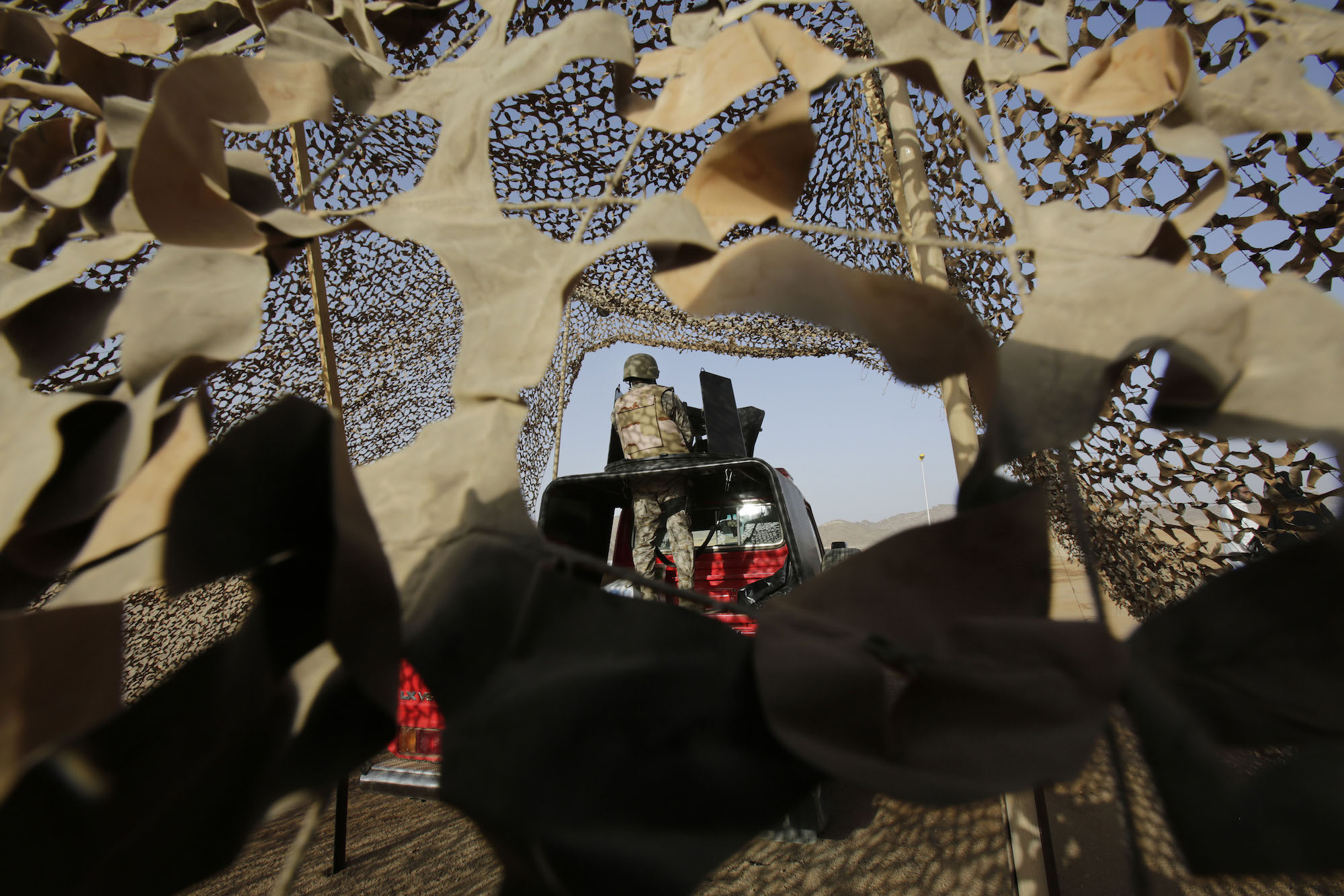
On July 4, during the holy month of Ramadan, a suicide bomber approached one of the most important sites of Islam, the Prophet Muhammad’s mosque in the city of Medina. Responsibility for the attack, which killed four security officers, was later claimed by the Islamic State in Iraq and the Levant (ISIL). As the news of the attack spread, Twitter exploded with news and commentary, some of it false. One widely circulated picture of the alleged attacker turned out, instead, to be a picture of a soldier fighting along the southern border of Saudi Arabia. The fact that the soldier’s last name was Al-Otaibi, identifying him as belonging to one of the largest tribes in the kingdom, led many to reflect on the connection between the recent attack, and that undertaken by another Otaibi, Juhiman, who led the assault and occupation of the Grand Mosque in 1979.
For many on Twitter, this public identification of the tribal association of – in the most recent case, wrongly accused – attackers of Islam’s holiest sites reflected an underlying bias present in Saudi society against individuals of Bedouin tribal origin. Indeed, three of the four security officers who died guarding the mosque were themselves of tribal origin. Saudis of Bedouin origin are relatively disadvantaged both socially and economically within the kingdom, which raises concerns about the powerful appeal of extremist movements such as al-Qaeda and ISIL within these communities. At the same time, tribal Saudis make up an overwhelming percentage of soldiers defending Saudi borders in foreign wars, and security officials protecting sensitive sites across the kingdom. The trials of this present moment, as Saudi Arabia fights a war along its southern border in Yemen and conducts an internal struggle against ISIL sympathizers, are placing a disproportionate strain on Saudis of tribal Bedouin origin and are exacerbating social tensions that had already been mounting with this important constituency.
Honor and Sacrifice
Saudi tribes take pride in losing their sons in the fight against terrorism or the war on the southern border. They write poems celebrating their sacrifice for country first and faith second as they feel the need to continuously defend their loyalty to the state. In a picture that circulated on Twitter, an officer from the Mutair tribe injured in the Medina suicide bombing mentions that this attack was the fifth he survived during his duties. Yet, many tribal Saudis are concluding that the sacrifices they are making for the kingdom are not being fully recognized.
Among tribal Saudis, there is frustration that they are linked as tribes to their presumed wrongs, but not for their valiant services to the state. And as proud people who hold on to historic stories of heroism, it is painful for them not to be recognized. Socially, a branch of a tribe can go under public scrutiny if a member commits a criminal act, but when a member loses his life for the country, his tribal name often goes unnoticed. Nontribal Saudis and Saudis who rarely hold on to their tribal names do not face the same level of scrutiny due to having smaller, more familial rather than tribal connections.
The Burdens of Security
The plight of lower ranking soldiers is also well-documented on social media. Among Saudis of tribal origin, the circulation of short video clips by soldiers in which they describe their difficult living conditions has become common. In some of these videos soldiers use poetry, again as the customary Bedouin means of expression, to plead for better salaries, understanding for their financial difficulties, and patience from debtor courts. Most ask for the protection and aid of the king, crown prince, and deputy crown prince.
The economic tribulations endured by low-ranking soldiers, police, and security officers guarding sensitive sites reflects both inadequate pay and increased demands at a time of heightened security challenges. Many soldiers take out bank loans to buy cars and pay rent. Although the government offers housing projects for members of the security forces, the housing offered is limited in locations and number, and there is an absence of affordable housing in Saudi Arabia. To secure payment for housing and car loans, banks often automatically deduct large sums from a soldier’s modest monthly salary to put toward payments. Moreover, members of the security forces are not allowed to take part in any commercial activity, limiting their incomes to their earned salaries only. The economic plight of soldiers has been taken up in editorials and cartoons, which critique the lack of appreciation for the troops.
The government has not been oblivious to the difficult circumstances of soldiers. In addition to the specialized medical care and, in some regions, educational facilities designated for members of the security forces, security personnel were included in the cost-of-living raises given to government employees under the late King Abdullah. In August, the grand mufti of the kingdom called upon Saudi banks and businessmen to donate to soldiers serving on the southern border. Later that month, the king ordered that soldiers serving in the Yemen operations, as well as employees of the Interior and Defense Ministries and the National Guard, receive an additional month’s salary. The government later exempted soldiers actively serving on the southern borders from cuts to ministry subsidies. Finally, the minister of justice asked judges to pay special consideration to soldiers on active duty on the south borders, resulting in the release of many soldiers from prisons.
Some tribes had tried to organize charities to support their members, a development that was not appreciated by the government. In fact, the Council of Senior Scholars banned their creation, reasoning that the obligations placed upon tribal members would amount to “taking people’s money unwillingly.” It may also be the case, though, that the government is wary of independent tribal organization and the growing sociopolitical influence of tribes.
Other sacrifices are harder to compensate. No one has suffered a greater burden than the mostly tribal communities living along Saudi Arabia’s border with Yemen. There are scant news reports of the many cases in which people have been asked to leave their homes to escape cross-border artillery attacks; some have been compensated and some have yet to receive compensation. In Najran, for example, the constant threat of missiles coming from Yemen, which have accounted for many civilian deaths, have made the war a reality, unlike in other parts of the kingdom.
The Dangers of Extremism
The peripheral status of tribes of Bedouin origin and their relative economic and social marginalization have left them prey to religious appeals, both benign and otherwise. Saudi religious scholars are used to praising soldiers, characterizing their service as a religious one, naming them as “the protectors of the faith” and “soldiers of the Quran and Sunnah.” In an audio clip, a religious scholar even states that the Saudi soldiers are akin to the Salaf, and their service is jihad.
Al-Qaeda and ISIL manipulate tribal Saudis by condemning their service to the Saudi state. In some YouTube videos ISIL members recite a poem in a Bedouin dialect, stating their conviction that Saudi soldiers are infidels even if they pray, fast, and perform the hajj. The same tribal groups that make up the majority of security forces are targets of both attacks on the sovereignty of the state and terrorist acts. In recent notorious cases, ISIL’s new recruits killed their own relatives following commands from ISIL to start with the closest family member working in the Saudi security forces.
In the days after the government announced the Medina attacker’s name, a picture was circulated of his brother, a Saudi soldier who served to protect the holy mosque in Mecca. Actually quite a few convicted extremists have brothers working in the military forces, which highlights the problem of making simplistic links between tribal lineage and the turn to radical views
The Need for National Unity
In the early days of state building, jobs in the security sector meant good pay and improved social status. This is no longer the case. As demands on Saudis of tribal Bedouin origin increase through their role in maintaining national security, appreciation for and recognition of their sacrifice become more important. Maintaining a coherent national identity in which all members of society are included and their cultural background respected is yet another challenge facing the kingdom in this time of deep regional unrest.
The views represented herein are the author's or speaker's own and do not necessarily reflect the views of AGSI, its staff, or its board of directors.


